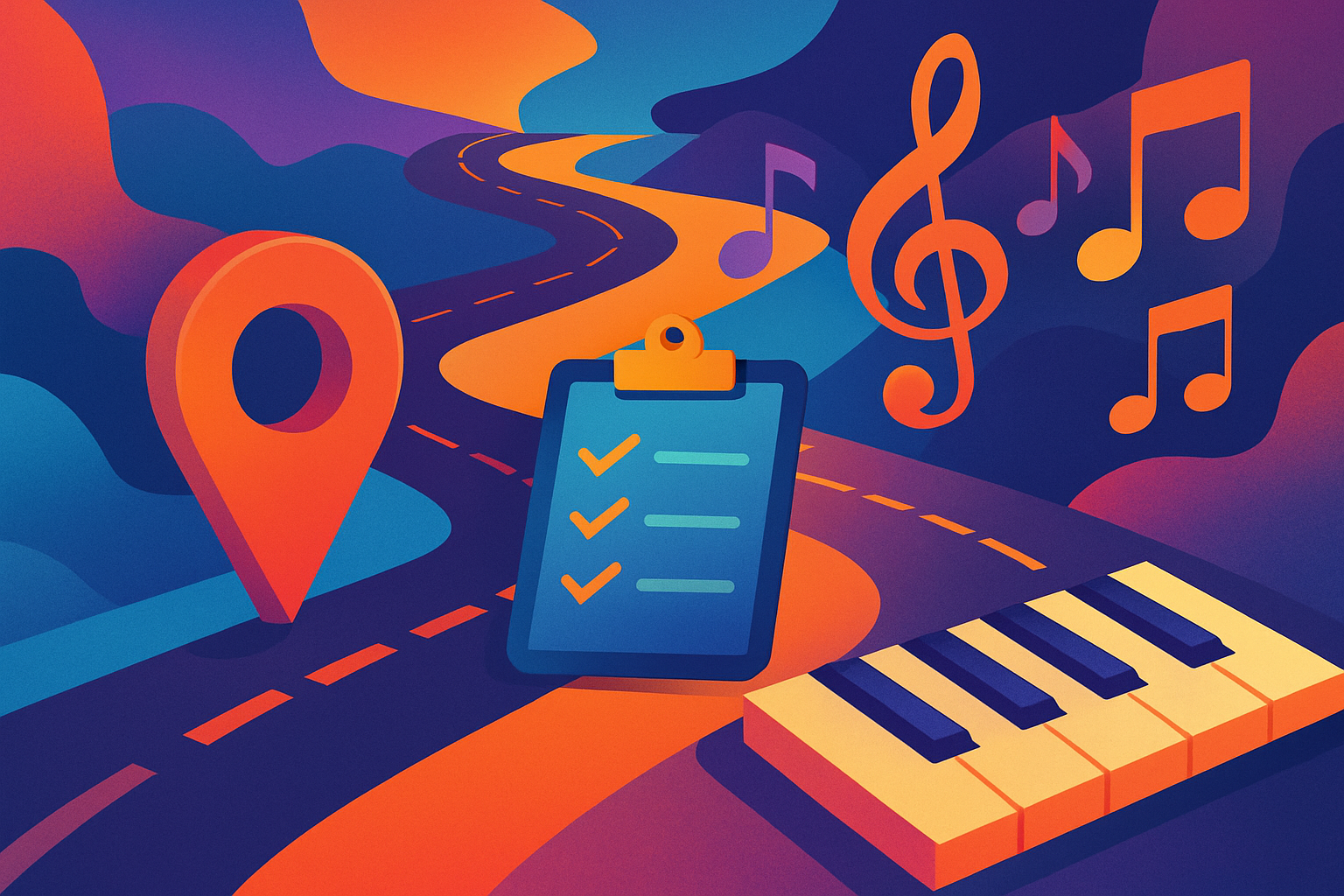So far, close to 200 HarmoniQ users are able to pass 12-note, 8-octave, blind Skill Challenges who couldn't before, and statistically every regular learner has improved their ability to recognize pitches. I've also talked to ~20 learners directly who consider themselves to have perfect pitch after training with HarmoniQ. I couldn't be more thrilled about so many people experiencing so much success!

Recently, I've been doing a deep dive comparing data from HarmoniQ to the published studies, and simply put: I expect better.
Even though training studies were very small, every study produced some learners and an average of 18% of participants learned perfect pitch after 8 weeks. Statistically, it seems unlikely that the effect wouldn't hold with larger numbers. HarmoniQ generates far more data on learners than all the peer-reviewed studies combined and the fastest any learner in HarmoniQ has reached perfect pitch has been about 12 weeks.
A mobile app and a research study are hardly equivalent mediums and there are numerous trade-offs. For example, the published studies were all controlled studies and concluded after 8 weeks of training. That gave researchers several advantages: they had direct access to learners, they could set the pace of training, enforce how much practice happened each day, and guide or redirect participants if they struggled. Because studies ended at 8 weeks, they also don't account for learners who might have reached their goal if given more than 8 weeks.
In many ways, an app in the App Store is the opposite. Without direct access to learners, users are guided implicitly and indirectly. Users can also work at their own pace, even if it takes longer than a fixed-length study. Still, the quickest learners in HarmoniQ taking 50% longer than 18% of the learners across multiple research studies suggests we could be teaching people faster.
Are there features that could be holding people back?
The status quo assumes perfect pitch can't be learned at all, so the fact that people are learning is already a huge milestone. Nevertheless, studies show faster progression is possible, and my goal is to make it work even faster.
The Next Chapter
HarmoniQ transformed how I learned perfect pitch into an app everyone can use based on the same foundational principles as published research studies. The places where it diverges are deliberate differences aiming to address specific challenges. People are learning with HarmoniQ, but there's no practical way to demonstrate whether the differences truly add extra value as intended.
There are some who will likely never believe perfect pitch is trainable, no matter how much evidence keeps piling up. I've also learned there are many others who are simply unaware of peer-reviewed research studies showing it being taught. It seems only natural to provide more certainty to people who remain skeptical by leveraging the exact methods used in published studies.
The new HarmoniQ will introduce additional learning modes that mirror the methods used in published research studies. Here are some key features I'll be considering to make the experience as immersive as possible:

HarmoniQ was built with many of these ideas in mind: multiple learning paths, support for multiple timbres, and the flexibility to adapt as research evolves. The new HarmoniQ will take that foundation to the next level, giving learners the choice of following the HarmoniQ method, or training with programs modeled exactly after published studies. By allowing users to choose to learn using the exact same method as published studies, HarmoniQ will become more accessible and credible to an even broader audience. It's not a race, but I'm still excited to see what learners can achieve with higher confidence and more learning options!